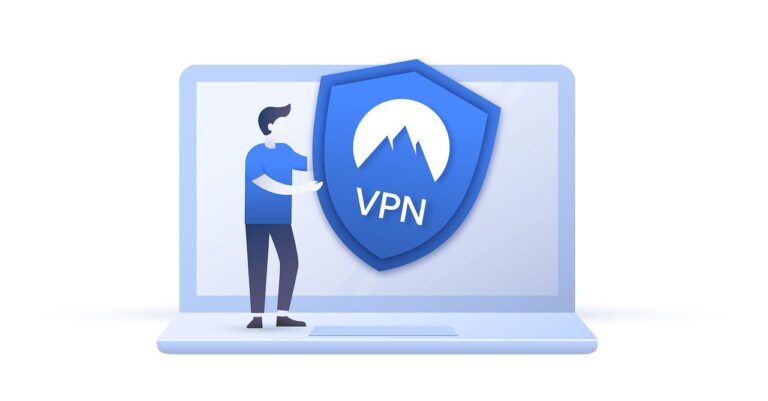Top VPN Services in 2023
Update in December, 2023
- ✓ Fast and stable servers all around the world
- ✓ Bypass geo-blocking of major streaming services and games
- ✓ Keep anonymous with different IP addresses
- ✓ Free trial and money back guarantee available

Update in December, 2023

✓ Smooth game and streaming services connections
✓ 5833 fast and optimized servers in 60+ countries
✓ Protection from malware, web trackers, DNS leaks
✓ Military grade personal data encryption
✓ Unlock online content instantly
✓ Massive network of 6,500+ encrypted VPN servers
✓ IP address masking with 300,000 anonymous IPs
✓ Compatible with various devices
✓ Uses both WireGuard and Chameleon protocols
✓ Publicly audited no log policy
✓ Works with nearly all major streaming services
✓ Unlimited free trial with lots of features
✓ Works well with Netflix, Hulu, BBC iPlayer, etc
✓ Fast 200+ servers in 63 countries/regions
✓ 10 simultaneous connections allowed
✓ Military-grade 2048-bit encryption
✓ One of the cheapest services: starting at $1.99
✓ Free plan available
✓ No simultaneous connections limitation
✓ Fast for streaming and gaming
✓ P2P traffic allowed
In today’s digital age, online privacy and security have become more important than ever. One tool that has gained significant popularity in this regard is a Virtual Private Network, commonly known as VPN.
A VPN is a service that allows users to create a secure and encrypted connection to the internet. It works by routing your internet traffic through a remote server operated by the VPN provider. This server acts as an intermediary between your device and the websites or online services you visit, effectively masking your IP address and encrypting your data.
The primary purpose of using a VPN is to protect your online privacy and enhance your security. By encrypting your internet traffic, it prevents hackers, government agencies, or even Internet Service Providers (ISPs) from monitoring or accessing your personal information. This means that even if you are connected to public Wi-Fi networks or browsing from countries with strict internet censorship, a VPN can help safeguard your data and ensure anonymity.
Moreover, VPNs also offer additional benefits such as bypassing geo-restrictions. By connecting to servers located in different countries, users can access content that might be blocked or restricted in their region. This opens up a world of possibilities for streaming services, accessing global news sites, or even conducting business transactions securely across borders.
When it comes to choosing the best VPN for your needs, there are several important factors to consider.
First and foremost is security. Look for a VPN provider that offers robust encryption protocols to protect your data from potential threats. The best VPNs will have features like AES-256 encryption and support for protocols like OpenVPN or WireGuard.
Privacy is another crucial factor to consider. A reputable VPN should have a strict no-logs policy that ensures your online activities are not recorded or stored. Additionally, look for providers based in jurisdictions with strong privacy laws to further safeguard your information.
Speed is essential when choosing a VPN as it directly impacts your browsing experience. Opt for a service that offers high-speed servers in various locations around the world to ensure smooth streaming and fast downloads.
Compatibility is also vital as you want a VPN that works seamlessly across all of your devices. Check if the provider supports multiple platforms such as Windows, Mac, iOS, Android, and even routers.
Lastly but importantly consider user-friendly interfaces and customer support options offered by the VPN provider. A well-designed interface makes it easier for you to navigate through settings while responsive customer support ensures any issues or queries are promptly addressed.